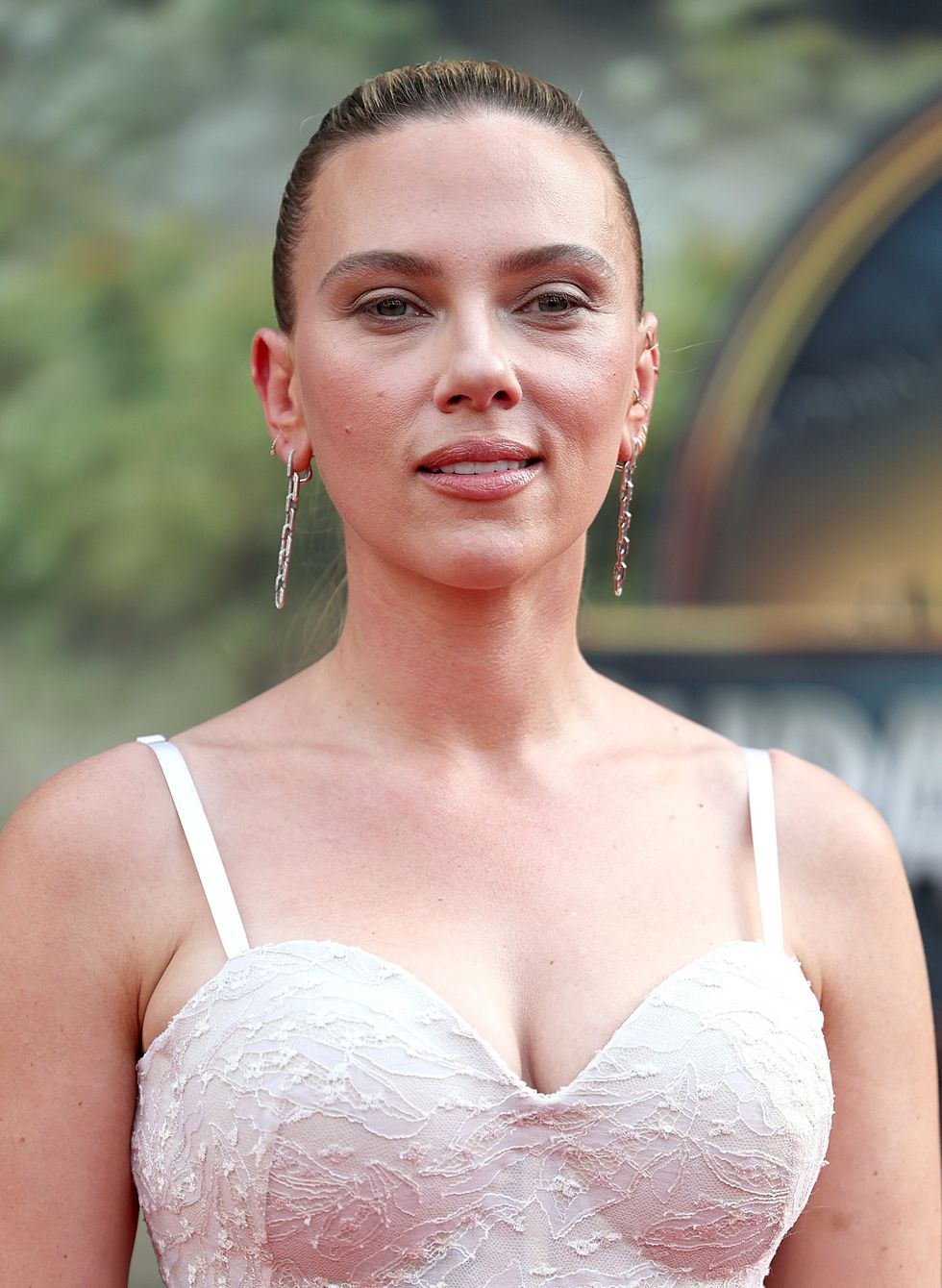HENIKA PATEL developed such a powerful passion for writing at a young age that she remained strongly connected to it throughout her life.
From working on the school newspaper and interning at several magazines during high school to blogging as a solo traveller in her twenties, Henika has now penned her recently published debut book, Sensual.
This enlightening guide takes readers on a journey towards fully expressing their sensual spirit, covering aspects of work, creativity, relationships, love, and passion. The book aims to boost readers’ confidence and help block any negative feelings.
Eastern Eye caught up with the multitalented author to discuss her book and the benefits of connecting with your senses. She also shared how writing the book helped her heal and offered key advice for aspiring authors.
What inspired your book Sensual?
It was inspired by my own journey, feeling bored and numb in my 9-5 law job, as well as in my personal relationship where I realised that you are meant to feel ‘something’ in the bedroom. This quest to feel more alive and awaken sensation in my body set off a research or ‘mesearch’ so deep, that it has become my life’s work to learn and share tools for rekindling aliveness, joy, and intimacy for individuals and couples.
Tell us about the book.
Sensual is for individuals who want to connect more deeply, express more freely, and love more intimately. It integrates the ancient arts of tantra, yoga, and ayurveda with a specific focus on sensuality. The book includes relatable stories, inspiring mythology, and theoretical discussions along with practical exercises at the end of each chapter.
What would you say to those who are sceptical about the ancient art of Tantra?
Tantra is a technology, not a religion. While the West has confused it with sex, much like yoga has been reduced to stretching, it goes way beyond that. It is developed over thousands of years with the key principles of being rooted in reality rather than escaping it, using the body as a laboratory and your experiences to test the practices.
What are the benefits of connecting with your senses?
The wellness world in the West talks a lot about being ‘mindful,’ but our minds are already full. Our Eastern practices invite us to connect with the senses to become more present and make life itself the meditation – with your eyes open. This could be a slow sip of your morning chai or enjoying the aromas while it boils.
Cover of the bookWhat was the most rewarding part of writing this book?
I spent time in India, studying with teachers and delving into the heart of tantric philosophy, which was a true joy. I also researched the rituals I grew up adoring, such as Navratri and garba, as well as ancient sacred dance rituals in temples. It was rewarding to make the connections between the ritual and theory I was discovering and to answer the ‘why’ to their existence. I hope this inspires the current and next generations to continue them.
Did writing the book help you heal in any way?
Absolutely. I wrote the book three times. The first draft was for myself, to remember why I came to these practices, which required sitting with unprocessed grief and trauma that was causing numbness and blocking sensuality.
What was the biggest challenge in writing this book?
The word count. I ended up publishing at 12,000 words over the initial limit and could have written even more.
Tell us about your favourite ritual from the book?
My favourite ritual from the book is a practice I call ‘joy of the senses’. The same way we know that feeling grateful brings us more great things, when we think about which of the sensory experiences we enjoy in our day, our life becomes more sensual. So, think of one thing every day that you enjoy seeing, tasting, touching, smelling, and hearing.
Who are you hoping connects with this book?
Individuals searching for deeper connection, aliveness, and intimacy in all areas of life, from the bedroom to the boardroom. Those who want to take off the masks, dissolve shame, stress, fear, and trauma, which block sensuality. It’s not something that school, friends, or family teach us – so we often learn through our own mistakes, but just like anything else, sensuality can be something you learn so that you can embrace and express your whole and authentic self.
What would you like readers to take away from the book?
That sensuality is not something to be ashamed of; it is an intrinsic part of Indian culture with rituals and art forms specifically dedicated to it. It is a craft which enriches your life and relationships.
What can we expect from you next?
I’m enjoying getting back into running my organisation, the School of Sensual Arts – where we share online tantra yoga, tantric date nights, sensual education courses and trainings for facilitators, plus in-person shakti circles in London and retreats abroad. I’m in talks with my publisher on another project – keep your eyes peeled.
What advice would you give to aspiring writers?
Write, write, write – regardless of how many people are reading. This is the only way to harness the craft, be it in your journal, a blog, or an Instagram caption – you never know where it might lead.
Which writers inspire you?
Paulo Coelho, Ryan Holiday, Jostein Gaarder, Deepak Chopra, Elizabeth Gilbert, and Uma Dinsmore Tuli.






 A compelling premise, layered and unpredictable charactersAMG
A compelling premise, layered and unpredictable charactersAMG Anyone who enjoys a gripping story with a diverse cast and unexpected twistsHarperFiction
Anyone who enjoys a gripping story with a diverse cast and unexpected twistsHarperFiction








 As WCL enters its second season, Sharma is scaling upwclegends.uk
As WCL enters its second season, Sharma is scaling upwclegends.uk


 Scarlett Johansson opens up about breaking free from early typecastingGetty Images
Scarlett Johansson opens up about breaking free from early typecastingGetty Images  Johansson reflects on her childhood stardom and evolving careerGetty Images
Johansson reflects on her childhood stardom and evolving careerGetty Images  From Avengers to auteur Scarlett Johansson embraces creative control Getty Images
From Avengers to auteur Scarlett Johansson embraces creative control Getty Images